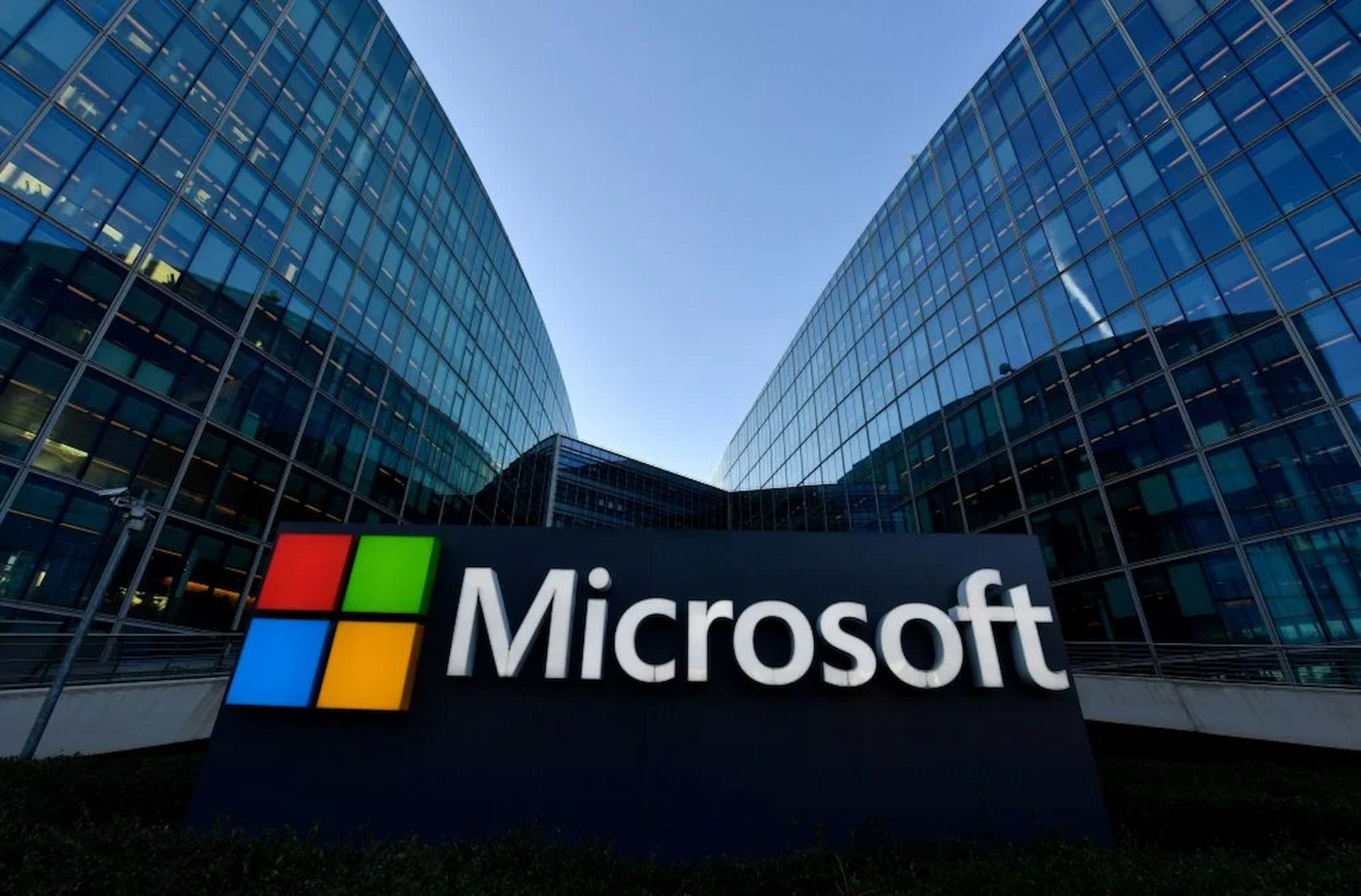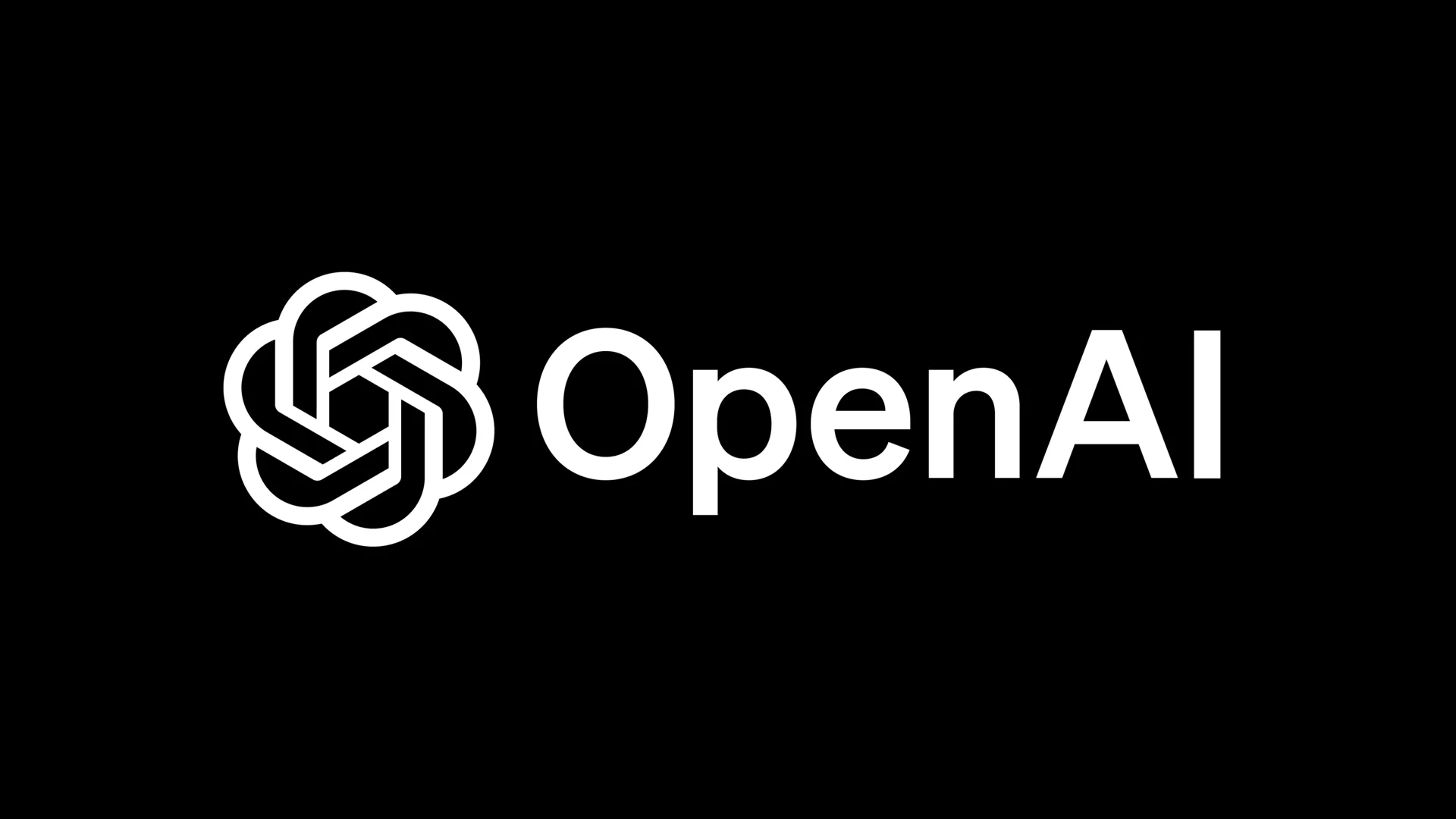ChangXin Memory Technologies has begun mass production of LPDDR5X chips, marking a major milestone in China’s effort to strengthen its position in the global semiconductor market.
The Hefei-based manufacturer, preparing for a Shanghai stock listing, said its new DRAM generation will support faster data transfer and lower power use across mobile devices and AI systems.
The LPDDR5X range includes chips with speeds of up to 10,667 Mbps, positioning CXMT as a growing competitor to industry leaders such as Samsung, SK Hynix and Micron.
Earlier LPDDR5 versions launched in 2023 had already helped the firm progress towards advanced 16-nanometre manufacturing, narrowing the technological gap with global rivals.
Industry data indicate a rising global demand for memory chips, driven by AI applications and high-bandwidth computing. Additionally, DRAM revenue increased 17.1 percent in the second quarter, reaching US$31.6 billion.
CXMT’s expansion comes as it targets a Shanghai IPO valued at around 300 billion yuan, highlighting both investor interest and the ambition of China to achieve greater chip self-sufficiency.
Would you like to learn more about AI, tech and digital diplomacy? If so, ask our Diplo chatbot!









